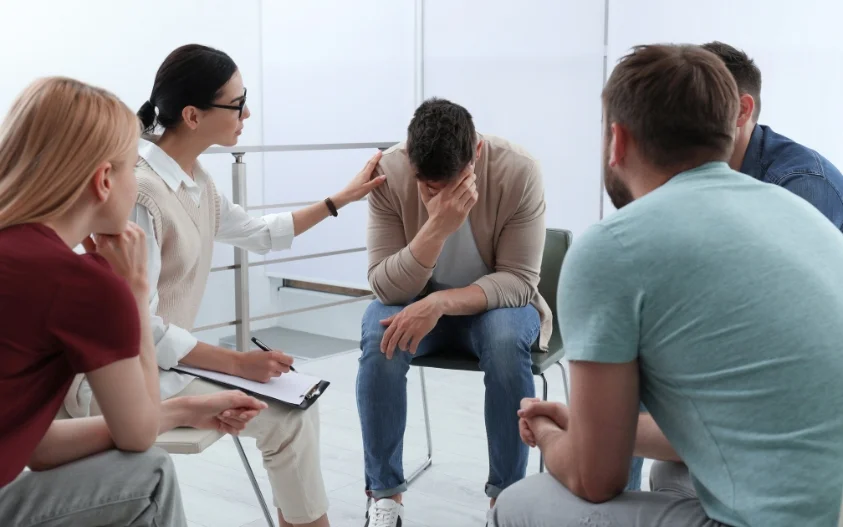24/7 Helpline:
(866) 899-111424/7 Helpline:
(866) 899-1114
Learn more about Outpatient Rehab centers in Alba
Outpatient Rehab in Other Cities











Other Insurance Options

Horizon Healthcare Service

Cigna

Multiplan

Sliding scale payment assistance

Optum

Self-pay options

Group Health Incorporated

Private insurance

Sutter

Providence

Health Net

Anthem

BlueCross

EmblemHealth

WellPoint

Magellan Health

Humana

American Behavioral

AllWell

Ambetter